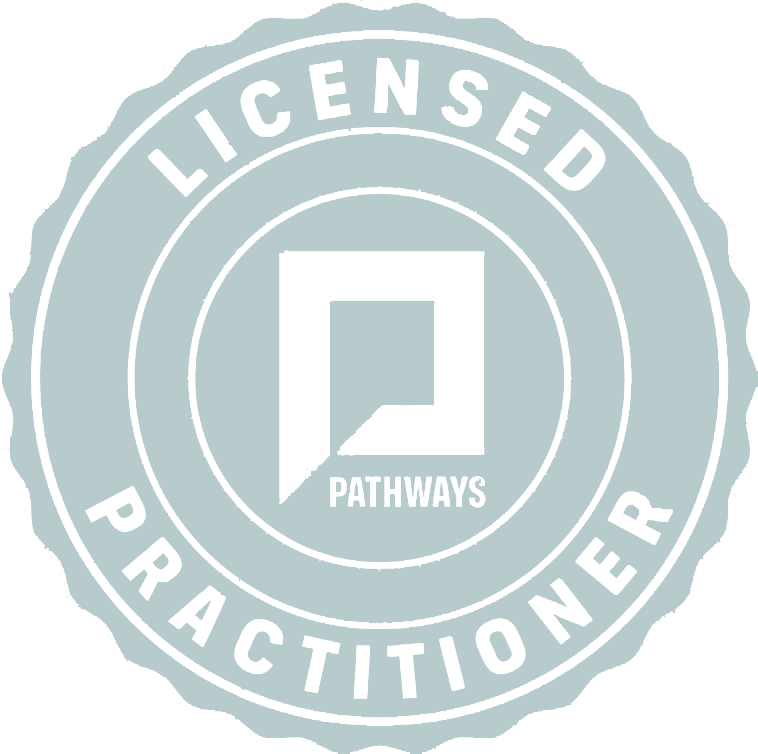Health & safety should not be a subject where you just find fault, apportion blame, and try to stop work, it should be a role where a sensible approach is applied, making sure work can be completed safely first time, every time.
Law At Work’s Health & Safety Team has since 2004 provided effective, commercially sound advice, practical on-site assistance, and training services to help our clients throughout the Channel Islands improve their overall business efficiency through effective health and safety performance, encouraging best practice. We work hard to make sure that we are considered as part of our client’s teams and take pride in being able to use local knowledge of Channel Islands industries and legislation, to be an essential element in helping our clients achieve their health & safety goals & objectives.
Our mission is to provide competent health & safety advice to our clients. The right advice, with integrity, collaboration, and simplicity!
As an approved training provider, we deliver a wide range of training including IOSH & CPD accredited training courses, and inhouse H&S courses.
Health & Safety Services
Our scope of services is wide, covering general health and safety management aligned to the globally recognised Plan, Do, Check, Act (PDCA) cycle, which includes:
Planning:
Providing or preparing H&S policies appropriate to our client’s business requirements and systems analysis to identify any gaps. Defining and communicating acceptable performance and resources needed.
Doing:
Helping our clients with risk assessments, occupational health, and training, from bespoke to nationally recognised courses. Effective H&S management by identifying & assessing risks, control measures, ensuring knowledge is recorded and shared.
Checking:
Conducting site and premises inspections, audits, accident investigations, fire risk assessments, access audits. Encouraging measurement of H&S performance.
Acting:
Management reports and action plans, sharing lessons learned.
For a more detailed look at our full range of training and services (including our HR, Care, and new Quality Management assessment service) just go to our website here or give us a call.
STRESS & MENTAL HEALTH
Workplaces today are getting busier as companies deal with managing reduced staffing levels, flexible working arrangements, new technology and introducing new organisational structures. It should be no surprise that stress in the workplace is a major cause of absences. In 2021 the 94% of the claims for Social Security sickness benefit, in the UK (short term incapacity allowance (STIA) were stress related and with the pressures on household finances it is likely the figures, when issued, will not be much different for 2022.
Although stress in itself is not regarded as a mental health issue as it is a response to pressures, if there is no support it can contribute to employees longer term mental health. To support their employees, employers should have clear strategies in place aimed at preventing excessive stress, promoting awareness to spot the signs of stress, minimising the risk to mental health, and supporting those who need it.
RESOURCES
The Health and Safety Executive (HSE) have produced a stress toolkit which covers six key areas of work design that, if not properly managed, are associated with poor health and wellbeing, lower productivity, and increased sickness absence. They are as follows:
Demands – Employees work demands should be achievable based on their capabilities and time to allow them to work efficiently. Constant unreasonable work pressures can be managed for a time but at some point, the stress will affect the employees’ health and risk business performance.
Control – As work demands are allocated on the capabilities of the employee, they should be given some appropriate control of their work, such as how they intend to meet their agreed targets and, as they probably know their job better than senior management, encouraging initiative to improve the way work is done.. What used to be regarded as pride in their work.
Support – Policies and procedures should be in place so that employees see not only that they will be supported but how. This may include reasonable adjustments to help manage specific issues. It should also include awareness training at all levels to recognise the signs of stress and poor mental health. Many companies have introduced mental health first aiders as part of their support.
Relationships – Behaviour such as bullying should be considered unacceptable and positive working practices introduced, so that information of the company values are shared, and the likelihood of workplace conflicts reduced.
Role – Employees need to be provided information and guidance so that they understand theirs and other’s roles within the company to avoid misunderstanding or conflicts.
Change – Companies are constantly evolving, and this can be disconcerting to employees. To help ease the process, consultation with employees should be in place to explain the reasons for possible changes, the proposed timetable, and the feedback channels to allow employees to raise concerns or even suggest ways the process can be improved.
Of course, despite all best intentions and support, mental health issues can still arise and extra support may be needed, these need to be discussed with the employee as everyone is different. Long term issues, if they affect the employee’s ability to work, will be regarded as a protected characteristic under the Channel Islands discrimination legislation and reasonable adjustments will have to be discussed.
These adjustments in many cases are not unusual, for instance offering flexible hours, extra support or even a change in job role within the company, this will involve input from Human Resources and possible external help from organisations such as Mind or the Jersey Recovery College.
The HSE and HSI websites are kindly acknowledged as primary sources of information.





